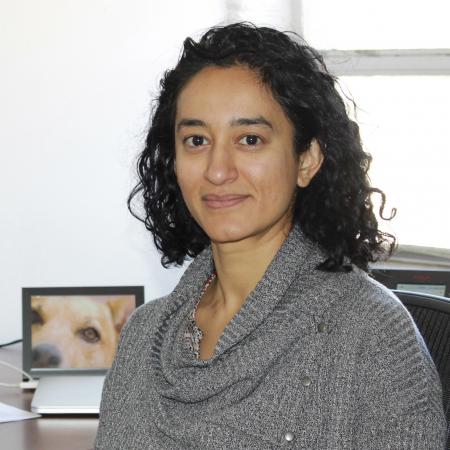
Bhuvana Srinivasan
Bhuvana Srinivasan
Virginia Tech
Thursday, May 13, 2021
2:00pm
Abstract: Experimental efforts to study fusion and astrophysical plasmas have produced significant scientific advances but remain challenged by diagnostic access and limitations. Hence, there is a need for high-fidelity computational models to support experiments. A hierarchy of models, ranging from magnetohydrodynamic (MHD) to fully kinetic, are developed and applied across a wide range of parameter regimes in the Plasma Dynamics Computational Laboratory at Virginia Tech. This seminar will focus on high-energy-density plasma studies of hydrodynamic and magnetohydrodynamic instabilities relevant to fusion and astrophysical plasmas. The Rayleigh-Taylor instability (RTI) has been known to play a critical role in producing hydrodynamic mix at material interfaces, being particularly detrimental during the deceleration-phase of an inertial confinement fusion implosion. Self generated and externally-applied magnetic fields significantly impact RTI growth even for high-beta plasmas where the plasma pressure is many orders of magnitude greater than the magnetic pressure. More specifically, magnetic fields have the utility of damping instability growth if appropriately oriented with the interface thus providing a mechanism for mitigating hydrodynamic mix. Multi-fluid plasma simulations of hydrodynamic mix will be presented along with mix mitigation techniques which include viscous, ablative, and magnetic stabilization of RTI. The impact of transport and magnetic fields on RTI-induced turbulence will also be presented. Other HED research topics being pursued in the computational laboratory will be discussed briefly.
Bio: Bhuvana Srinivasan is an Associate Professor in the Kevin T. Crofton Department of Aerospace and Ocean engineering at Virginia Tech where she has developed a program in computational plasma physics. Prior to joining Virginia Tech, she was a postdoc and a scientist at the Los Alamos National Laboratory. She received her PhD from the University of Washington. She is the director of the Plasma Dynamics Computational Laboratory which comprises two postdocs, nine PhD students, and a number of masters and undergraduate students. The research areas in her group include plasma-material interactions in thrusters and magnetic fusion devices, instabilities in high-energy-density fusion and astrophysical plasmas, ionospheric plasma instabilities, and numerical algorithm development for fluid and kinetic models. She is a recipient of the NSF CAREER award, the 2017 Outstanding Assistant Professor award and the 2019 Faculty Fellow awarded by the Dean of the College of Engineering at Virginia Tech. She has recently been appointed to the Endowed Crofton Faculty Fellowship in Engineering from 2021-2026. She is also active in Diversity, Equity, and Inclusion (DEI) efforts as the Chair of the DEI committee in the aerospace and ocean engineering department at Virginia Tech and through her involvement with the Center for the Enhancement of Engineering Diversity at Virginia Tech.